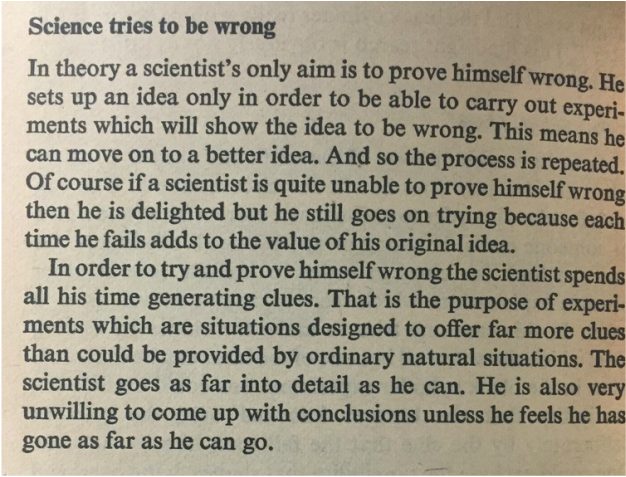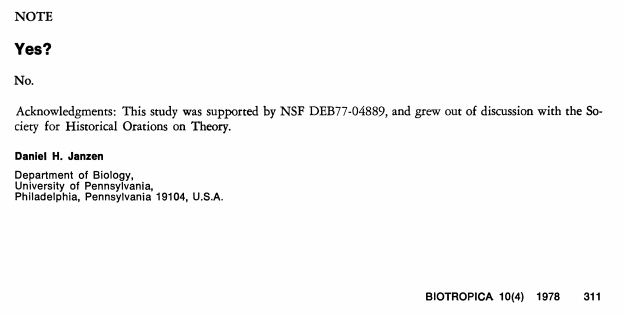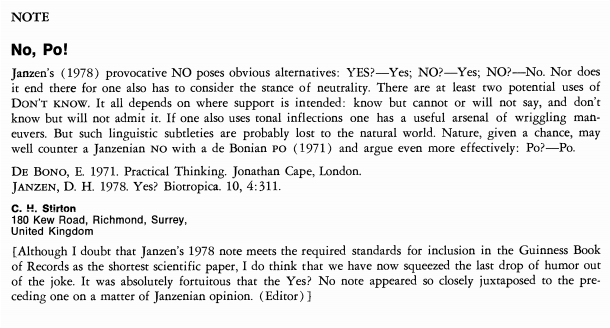|
Above: an excerpt from Edward De Bono's book: 'Practical Thinking' (1971), where he argues that the principle objective of a good scientist is to be wrong. That is to say, that scientists try to prove that their ideas hold water by constantly trying to disprove them; or in essence asking a "yes" question and concluding an answer of "no". In Practical Thinking, De Bono advocates for a third answer to the usual yes/no question. A usual "yes" or "no" can be circumvented with a Bonian "po". A "po" in short means possibly. It can be the launching point for scientific inquiry. Thinking pioneer, psychologist, physician, and all-around intellectual, Edward De Bono pioneered a new school of thought that incorporates six thinking caps. Of his six caps science uses the discernment cap, defined as:
Science, as a discipline, relies on using the scientific method. Observation -> Hypothesis -> Experimental design -> Experiment -> Analysis of results -> Careful thought and interpretation of results -> Generation of scientific knowledge and understanding (not guaranteed). Implicit in a good experiment, is the isolation of variables of interest. Ecology is a science were the isolation of experimental variables is unusually difficult. Natural experiments tend to include many confounding factors. For example, when trying to quantify the successional responses of 0.1 Ha forest patches to a human-induced experimental hurricane ("The Canopy Trimming Experiment") in Puerto Rico, forest recovery to the experimental trimming was confounded by differences in community composition among replicates. (Zimmerman et al. (2014), Forest Ecology and Management 322 64-74). Yes or No?In a classic note that has now been blown-up to epic proportions, Dan Janzen published arguably the shortest academic note ever. Two measly words. Yes? No. The dichotomy of these two simple words embodies the essence of scientific process and ensuing debate. As illustrated by De Bono, a good scientists ask questions, with the sole motivation of proving them wrong. There is a more nuanced approach: The Bonian "Po"What if we don't know? We can simply say "po". And the voice of reason speaks; Leave it to the British to pick it apart; Thank you C.H. Sterling! A Bonian "po" allows for the scientific method to decide, as if to say, "well, possibly", "I simply do not know", or "Why don't we find out". Modern day scientists have immense pressure to deliver concrete, yes/no answers to weighty questions that oftentimes impact policy, decisions and livelihoods. Usually, the answers is more nuanced than a simple, yes/no, therefore I advocate for the revival of the "it depends" or Bonian "po". ♠
0 Comments
|
AuthorJames "Aaron" Hogan is an ecologist interested in plant biodiversity, forests and global change. Archives
November 2021
Categories |






